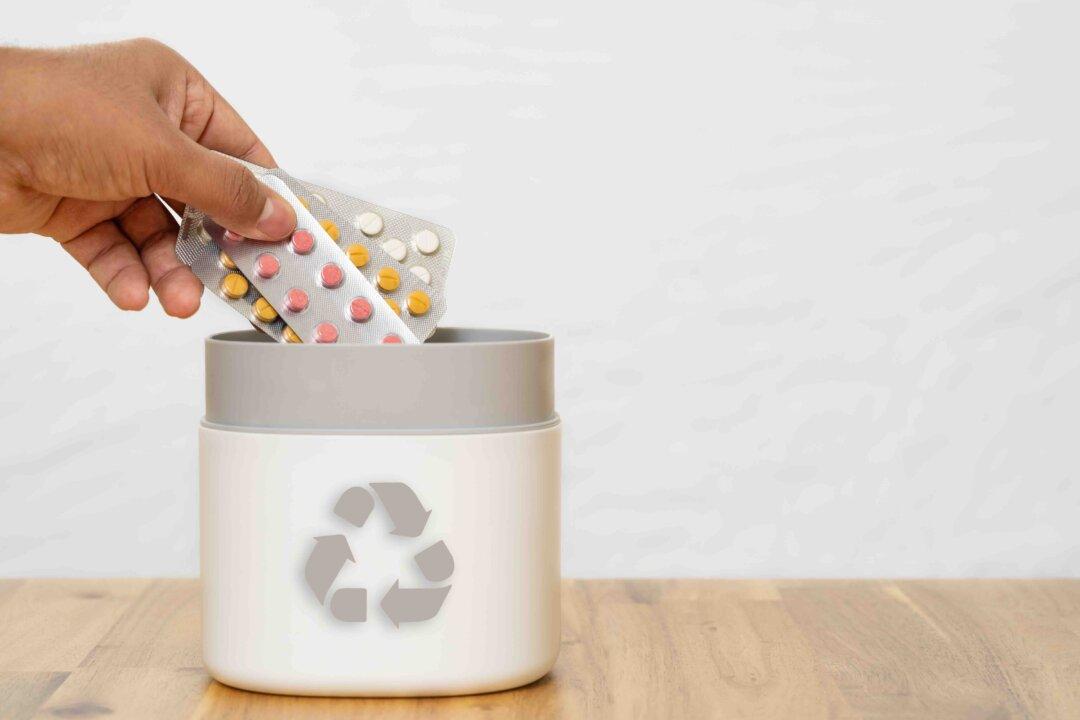Every day, my email box loads up with messages, many of which contain questions from you, my dear readers. And if you’ve sent a message, you’re aware by now that while I read my mail and keep it filed, I just don’t have enough time in my days to answer every message personally. However, I reach into that file regularly and select questions I believe will have a wide appeal for readers.
Dear Mary: What’s the best way to dispose of expired medication and old household cleaners? I want to do this in a safe manner. —Chris, Virginia





